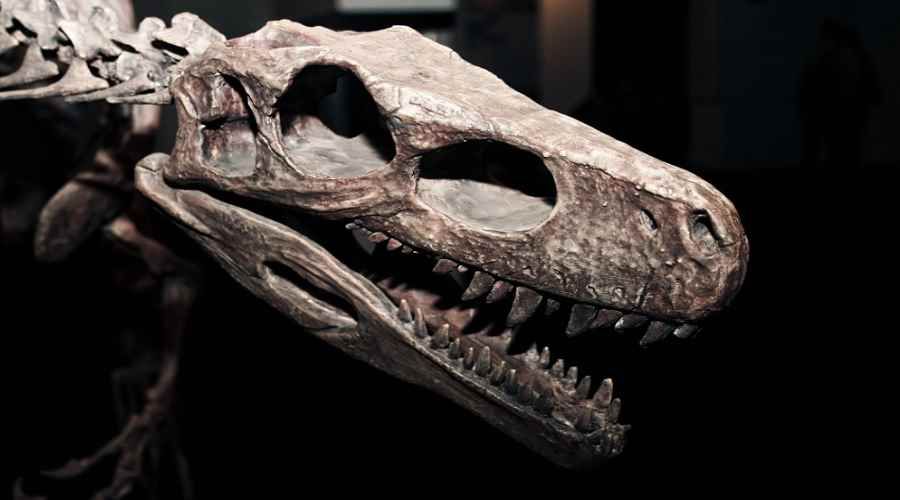The agony of the dinosaurs was slower than thought
Scientists at the Potsdam Institute for Climate Change Research, determined through computer simulations that the extinction of the dinosaursów was a more complicated process than thought. The effects of a large object hitting the Earth around 66 millionów years ago caused compounds to enter the atmosphereóin sulfur, which in turn caused a blockage of the sun’s rays. The result was a very long winter.
Previous studies of climate change due to space collisions were limited to analyzing the impact of dustóin ejected into the atmosphere during the impact. German researchers have shown that sulfur compounds remained in the atmosphere far longer than dust. This has had a greater impact on changes in the earth’s climate.
– This was more important than local disasters such as extreme temperatures near the impact, fires, or powerful tsunamis – said study author Julia Brugger.
Experts determined what the world looked like after the catastrophe 66 million years agoów years. Lack of sunlight first killed plants, affecting the food chain. The global average temperature dropped below zero, and such a condition persisted for three to sixteen years. The temperature in the oceans also dropped, destroying underwater ecosystems.
According to scientistsów there were also changes in the circulation in theód oceanic. Nutrient-rich deep-sea waters have entered the górnych layers causing a giant algae bloomów, whichóre in turn released a huge amount of toxins poisoning coastal zones. According to German researchers, it must have taken at least 30 years for the climate wróciłił to the state before the impact.
– It’s fascinating to see how evolution is driven by an event like asteroid impacts. Mass extinction shows that life on Earth is very vulnerable. It shows róalso how important the climate is for all forms of life on our planet – stated Georg Feulner, a member of the team led by Brugger.
Recently, researchers at the University of Florida published a new concept of dinosaur extinctionów, whichóra is based on the thesis that dinosaurs became extinct because they could not reproduce fast enough. For more on this topic, see Why the dinosaurs went extinct? Researchers have a new concept
The work of the German researchers was published in „Geophysical Research Letters”.
